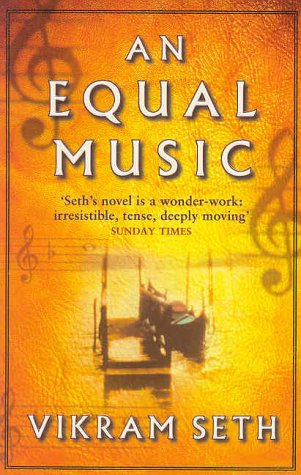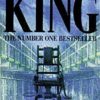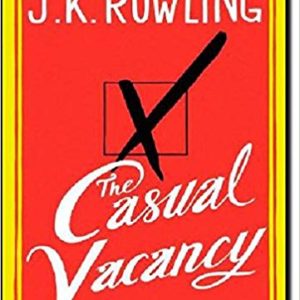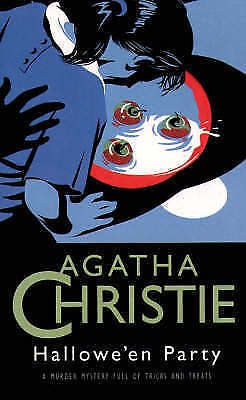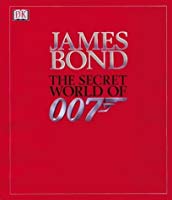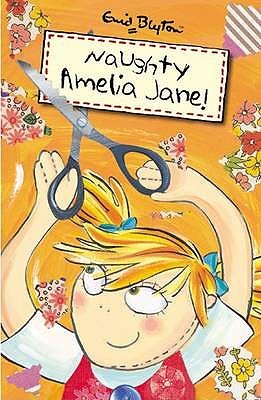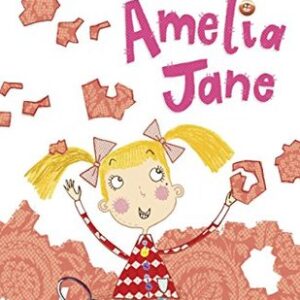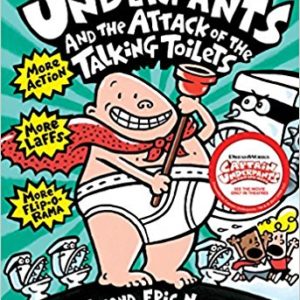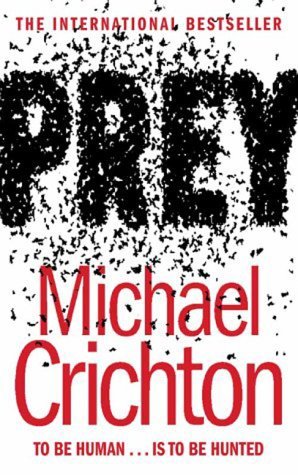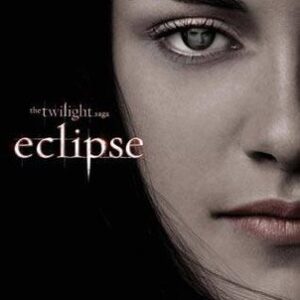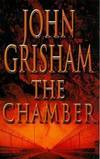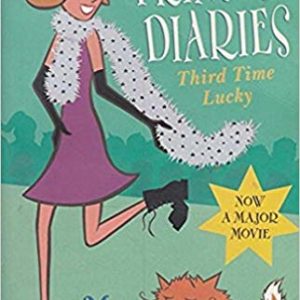An Equal Music (English, Paperback, Vikram Seth)
Rs.499.00 Rs.249.00
Author: Vikram Seth, ISBN: 9780753807736, Condition: Old
Out of stock
The violinist hero of Vikram Seth’s third novel would very much like to be hearing secret harmonies. Instead, living in London 10 years after a key disaster, Michael Holme is easily irritated by his beautiful young (and even French!) girlfriend and by his colleagues in the Maggiore Quartet. In short, he’s fed up with playing second fiddle in life and art. Yet a chance encounter with Julia, the pianist he had loved and lost in Vienna, brings Michael sudden bliss. Her situation, however–and the secret that may end her career–threatens to undo the lovers.
An Equal Music is a fraction of the size of Seth’s A Suitable Boy, but is still deliciously expansive. In under 400 pages, the author offers up exquisite complexities, personal and lyrical, while deftly fielding any fears that he’s composed a Harlequin for highbrows. During one emotional crescendo, Michael tells Julia, “I don’t know how I’ve lived without you all these years,” only to realize, “how feeble and trite my words sound to me, as if they have been plucked out of some housewife fantasy.” In addition to the pitch of its love story, one of the book’s joys lies in Seth’s creation of musical extremes. As the Maggiore rehearses, moving from sniping and impatience to perfection, the author expertly notates the joys of collaboration, trust, and creation. “It’s the weirdest thing, a quartet,” one member remarks. “I don’t know what to compare it to. A marriage? a firm? a platoon under fire? a self-regarding, self-destructive priesthood? It has so many different tensions mixed in with its pleasures.”
An Equal Music is a novel in which the length of Schubert’s Trout Quintet matters deeply, the discovery of a little-known Beethoven opus is a miracle, and each instrument has its own being. Just as Michael can’t hope to possess Julia, he cannot even dream of owning his beloved Tononi, the violin he has long had only on loan. And it goes without saying that Vikram Seth knows how to tell a tale, keeping us guessing about everything from what the Quartet’s four-minute encore will be to what really occasioned Julia’s departure from Michael’s life. (Or was it in fact Michael who abandoned Julia?) As this love story ranges from London to Michael’s birthplace in the north of England to Vienna to Venice, few readers will remain deaf to its appeals. –Kerry Fried
L28
Reviews
There are no reviews yet.
Only logged in customers who have purchased this product may leave a review.
Related products
Almost New Books
Almost New Books
Almost New Books
Almost New Books
299 and Above

